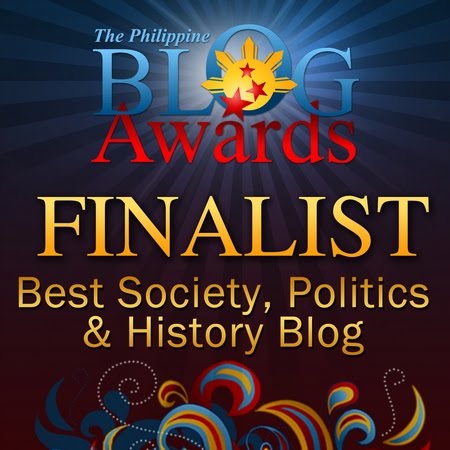This was emailed to me by my former Adamson University instructor, friend, and historian José Mª Bonifacio Escoda (author of the bestselling Warsaw of Asia: The Rape of Manila)…

La Iglesia de San Agustín, where countless Filipino masses have been held throughout the centuries (photo from my online pal Traveler on Foot).
FILIPINO CATHOLICS FROM THE EYES OF A FOREIGNER
Filipino Catholics
Here’s something very positive written by a foreigner named Steve Ray, about Filipinos. Steve Ray authored many bestselling books, among which are, Crossing The Tiber (his conversion story), Upon This Rock (on the papacy), and just recently John’s Gospel (a comprehensive bible study guide and commentary).
STEVE RAY’S OPEN LETTER TO THE FILIPINO CATHOLICS:
We stepped into the church and it was old and a bit dark. Mass had just begun and we sat toward the front… We didn’t know what to expect here in Istanbul, Turkey. I guess we expected it to be a sombre Mass but quiet and sombre it was not – I thought I heard angels joyously singing behind me.
The voices were rich, melodic and beautiful. What I discovered as I spun around to look did not surprise me because I had seen and heard the same thing in other churches around the world. It was not a choir of angels with feathered wings and halos but a group of delightful Filipino Catholics with smiles of delight and joy on their faces as they worshiped God and sang His praises. I had seen this many times before in Rome, in Israel, in the United States and other countries. Filipinos have special traits and they are beautifully expressed as I gazed at the happy throng giving thanks to God. What are the special traits which characterize these happy people? I will share a few that I have noticed -personal observations- as I have travelled around the world, including visits to the Philippines
FIRST, there is a sense of community, of family. These Filipino Christiansdid not sit apart from each other in different isles. They sat together, closely. They didn’t just sing quietly, mumbling, or simply mouthing the words. No, they raised their voices in harmony together as though they enjoyed the sense of unity and communion among them. They are family even if they are not related.
SECOND, they have an inner peace and joy which is rare in the world today. When most of the world’s citizens are worried and fretful, I have found Filipinos to have joy and peace – a deep sense of God’s love that overshadows them. They have problems too, and many in the Philippines have less material goods than others in the world, yet there is still a sense of happy trust in God and love of neighbour.
THIRD, there is a love for God and for his Son Jesus that is almost synonymous with the word Filipino. There is also something that Filipinos are famous for around the world – their love for the Blessed Mother. Among the many Filipinos I have met, the affectionate title for Mary I always hear from their lips is “Mama Mary.” For these gentle folks Mary is not just atheological idea, a historical person, or a statue in a church – Mary is the mother of their Lord and their mother as well, their “mama.”
The Philippines is a Catholic nation -the only such nation in Asia- and this wonderful country exports missionaries around the world. They are not hired to be missionaries, not official workers of t he church. No, they are workers and educators, doctors, nurses and housekeepers that go to other lands and travel to the far reaches of the earth, and everywhere they go they take the
joyous gospel of Jesus with them. They make a sombre Mass joyful when they burst into song. They convict the pagan of sin as they always keep the love of Jesus and the Eucharist central in their lives.
My hope and prayer, while I am here in the Philippines sharing my conversion story from Baptist Protestant to Roman Catholic, is that the Filipino people will continue to keep these precious qualities.. I pray that they will continue loving their families, loving the Catholic Church, reading the Bible, loving Jesus, His Mother and the Eucharist. As many other religions and sects try to persuade them to leave the Church, may God give the wisdom to defend the Catholic faith. As the world tempts them to sin and seek only money and fame and power, may God grant them the serenity to always remember that obedience to Christ and love for God is far more important than all the riches the world can offer.
May the wonderful Filipino people continue to be a light of the Gospel to the whole world!
*******
We also have to thank our Spanish past for what Steve Ray had observed. Have a blessed weekend everybody! =)







